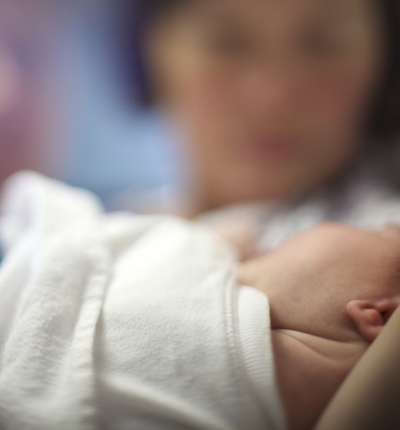
More than £18 million secured on behalf of child with cerebral palsy
A nine-year-old girl, who suffered permanent and severely debilitating brain damage as a result of negligent management of her mother’s labour, has received an eight-figure lump sum and annual payments in compensation to meet her needs for the rest of her life.
Posted on 26 April 2023
The child, who we will call Chloe, sustained a severe hypoxic ischaemic brain injury and has developed dyskinetic cerebral palsy which causes a severe motor disability. She has no voluntary head control and is unable to sit independently. She also suffers from involuntary movements and is wheelchair dependent for mobility.
Chloe has no verbal communication but with the help of specialist technology she can communicate by means of facial expression and eye gaze. As a result of the physical disabilities, she is dependent upon others for all activities of daily living, including all personal care. She needs care round-the-clock and on a 2:1 basis during waking hours to enable her to participate in activities. This will continue for the rest of her life.
Sally-Jean Nicholes, a solicitor in the medical negligence team at Leigh Day, represented Chloe. She investigated the claim with medical experts and, through correspondence, secured an early admission of liability from Oxford University Hospitals NHS Foundation Trust.
The claim could not be finalised at the time of the admission because Chloe’s condition had not matured sufficiently to make an accurate prediction of her future needs and the level of compensation would be required to fund all the expenses that would be incurred. However, Sally-Jean was able to secure interim payments of compensation which enabled Chloe’s parents to move into better accommodation, purchase equipment and employ carers to help them provide her with care and engage an occupational therapist, physiotherapist and speech and language therapist to provide therapy and advise. It was also necessary to obtain professional advice about Chloe’s education needs and to negotiate with the local authority about the best school for her to attend where her needs would be met and her potential maximised.
Extensive expert evidence was required to establish Chloe’s needs and quantify the claim; including evidence from paediatricians, orthopaedic surgeons, educational psychologists, occupational therapists, assistive technology specialists, nursing and care experts, accommodation experts and professional deputies.
When the evidence was finalised, her legal team lead by barrister Adrian Hopkins KC, from Serjeants’ Inn Chambers, were able to negotiate with the Trust’s legal team and achieve the significant settlement which exceeded £18m.



